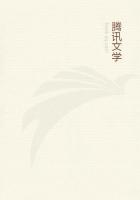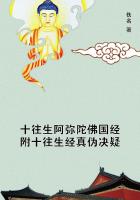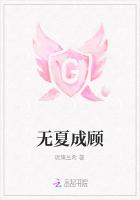The defeat of the Christian cavaliers among the mountains of Malaga, and the successful inroad of Muley Abul Hassan into the lands of Medina Sidonia, had produced a favorable effect on the fortunes of the old monarch. The inconstant populace began to shout forth his name in the streets, and to sneer at the inactivity of his son Boabdil el Chico. The latter, though in the flower of his age and distinguished for vigor and dexterity in jousts and tournaments, had never yet fleshed his weapon in the field of battle; and it was murmured that he preferred the silken repose of the cool halls of the Alhambra to the fatigue and danger of the foray and the hard encampments of the mountains.
The popularity of these rival kings depended upon their success against the Christians, and Boabdil el Chico found it necessary to strike some signal blow to counterbalance the late triumph of his father. He was further incited by his father-in-law, Ali Atar, alcayde of Loxa, with whom the coals of wrath against the Christians still burned among the ashes of age, and had lately been blown into a flame by the attack made by Ferdinand on the city under his command.
Ali Atar informed Boabdil that the late discomfiture of the Christian knights had stripped Andalusia of the prime of her chivalry and broken the spirit of the country. All the frontier of Cordova and Ecija now lay open to inroad; but he especially pointed out the city of Lucena as an object of attack, being feebly garrisoned and lying in a country rich in pasturage, abounding in cattle and grain, in oil and wine. The fiery old Moor spoke from thorough information, for he had made many an incursion into these parts, and his very name was a terror throughout the country. It had become a by-word in the garrison of Loxa to call Lucena the garden of Ali Atar, for he was accustomed to forage its fertile territories for all his supplies.
Boabdil el Chico listened to the persuasions of this veteran of the borders. He assembled a force of nine thousand foot and seven hundred horse, most of them his own adherents, but many the partisans of his father; for both factions, however they might fight among themselves, were ready to unite in any expedition against the Christians. Many of the most illustrious and valiant of the Moorish nobility assembled round his standard, magnificently arrayed in sumptuous armor and rich embroidery, as though for a festival or a tilt of canes rather than an enterprise of iron war. Boabdil's mother, the sultana Ayxa la Horra, armed him for the field, and gave him her benediction as she girded his scimetar to his side. His favorite wife Morayma wept as she thought of the evils that might befall him. "Why dost thou weep, daughter of Ali Atar?" said the high-minded Ayxa: "these tears become not the daughter of a warrior nor the wife of a king. Believe me there lurks more danger for a monarch within the strong walls of a palace than within the frail curtains of a tent. It is by perils in the field that thy husband must purchase security on his throne."
But Morayma still hung upon his neck with tears and sad forebodings, and when he departed from the Alhambra she betook herself to her mirador, overlooking the Vega, whence she watched the army as it went in shining order along the road leading to Loxa, and every burst of warlike melody that came swelling on the breeze was answered by a gush of sorrow.

